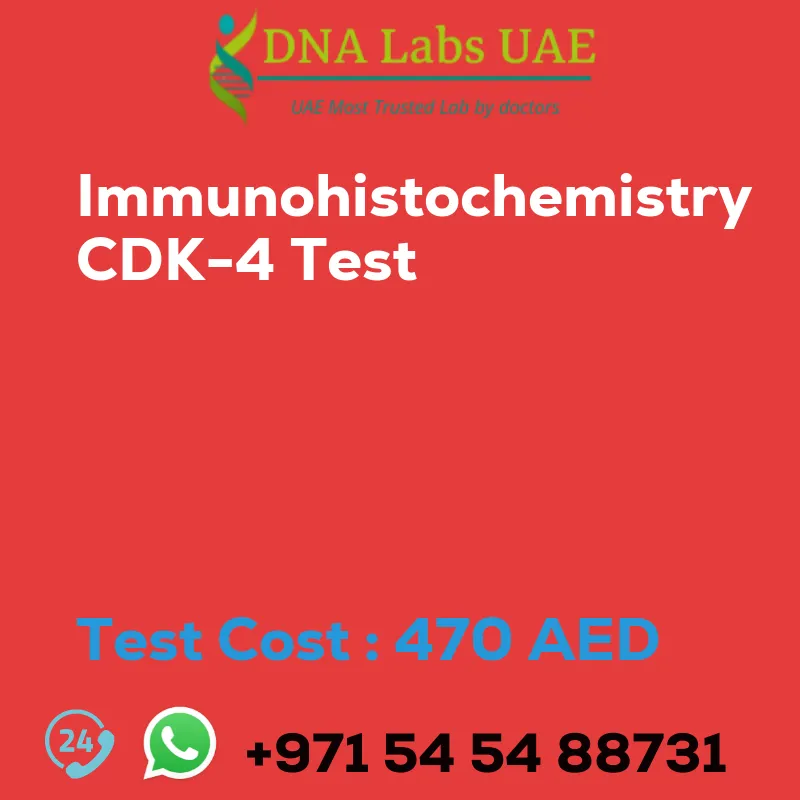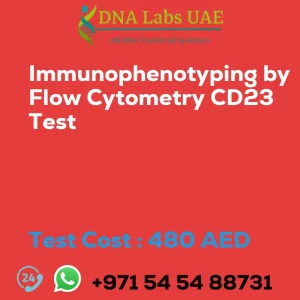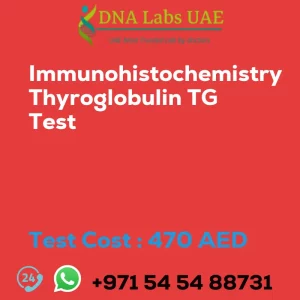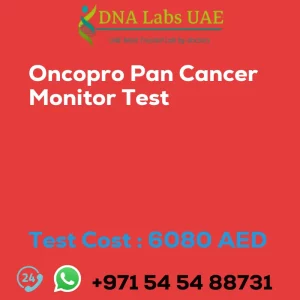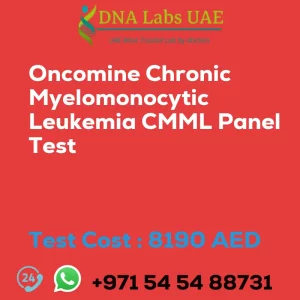IMMUNOHISTOCHEMISTRY CDK-4 Test
Test Name: IMMUNOHISTOCHEMISTRY CDK-4 Test
Components: CDK-4 protein
Price: 470.0 AED
Sample Condition: Submit tumor tissue in 10% Formal-saline OR Formalin fixed paraffin embedded block. Ship at room temperature. Provide a copy of the Histopathology report, Site of biopsy and Clinical history.
Report Delivery: Sample Daily by 6 pm; Report Block: 5 days Tissue Biopsy: 5 days Tissue large complex: 7 days
Method: Immunohistochemistry
Test type: Cancer
Doctor: Oncologist, Pathologist
Test Department: Histology
Pre Test Information: Provide a copy of the Histopathology report, Site of biopsy and Clinical history.
Test Details:
Immunohistochemistry (IHC) CDK-4 test is a diagnostic test used in pathology to detect the presence and expression levels of the Cyclin-dependent kinase 4 (CDK-4) protein in tissue samples. CDK-4 is a protein involved in cell cycle regulation and its abnormal expression has been associated with various types of cancers.
The IHC CDK-4 test involves staining tissue sections with specific antibodies against CDK-4. These antibodies bind to the CDK-4 protein if it is present in the tissue sample. The stained tissue sections are then examined under a microscope, and the presence and intensity of CDK-4 staining are evaluated.
The results of the IHC CDK-4 test can provide information about the expression levels of CDK-4 in the tissue sample, which can help in the diagnosis and prognosis of certain types of cancers. High levels of CDK-4 expression may indicate an increased risk of tumor growth and progression.
The IHC CDK-4 test is commonly used in research and clinical settings to aid in the diagnosis, prognosis, and treatment planning for various cancers, including breast cancer, melanoma, and sarcoma. It can also be used to differentiate between different subtypes of cancer and guide targeted therapy decisions.
Overall, the IHC CDK-4 test is a valuable tool in pathology for assessing CDK-4 expression in tissue samples and can provide important information for cancer diagnosis and management.
| Test Name | IMMUNOHISTOCHEMISTRY CDK-4 Test |
|---|---|
| Components | |
| Price | 470.0 AED |
| Sample Condition | Submit tumor tissue in 10% Formal-saline OR Formalin fixed paraffin embedded block. Ship at room temperature. Provide a copy of the Histopathology report, Site of biopsy and Clinical history. |
| Report Delivery | Sample Daily by 6 pm; Report Block: 5 days Tissue Biopsy: 5 days Tissue large complex : 7 days |
| Method | Imunohistochemistry |
| Test type | Cancer |
| Doctor | Oncologist, Pathologist |
| Test Department: | HISTOLOGY |
| Pre Test Information | Provide a copy of the Histopathology report, Site of biopsy and Clinical history. |
| Test Details |
Immunohistochemistry (IHC) CDK-4 test is a diagnostic test used in pathology to detect the presence and expression levels of the Cyclin-dependent kinase 4 (CDK-4) protein in tissue samples. CDK-4 is a protein involved in cell cycle regulation and its abnormal expression has been associated with various types of cancers. The IHC CDK-4 test involves staining tissue sections with specific antibodies against CDK-4. These antibodies bind to the CDK-4 protein if it is present in the tissue sample. The stained tissue sections are then examined under a microscope, and the presence and intensity of CDK-4 staining are evaluated. The results of the IHC CDK-4 test can provide information about the expression levels of CDK-4 in the tissue sample, which can help in the diagnosis and prognosis of certain types of cancers. High levels of CDK-4 expression may indicate an increased risk of tumor growth and progression. The IHC CDK-4 test is commonly used in research and clinical settings to aid in the diagnosis, prognosis, and treatment planning for various cancers, including breast cancer, melanoma, and sarcoma. It can also be used to differentiate between different subtypes of cancer and guide targeted therapy decisions. Overall, the IHC CDK-4 test is a valuable tool in pathology for assessing CDK-4 expression in tissue samples and can provide important information for cancer diagnosis and management. |

